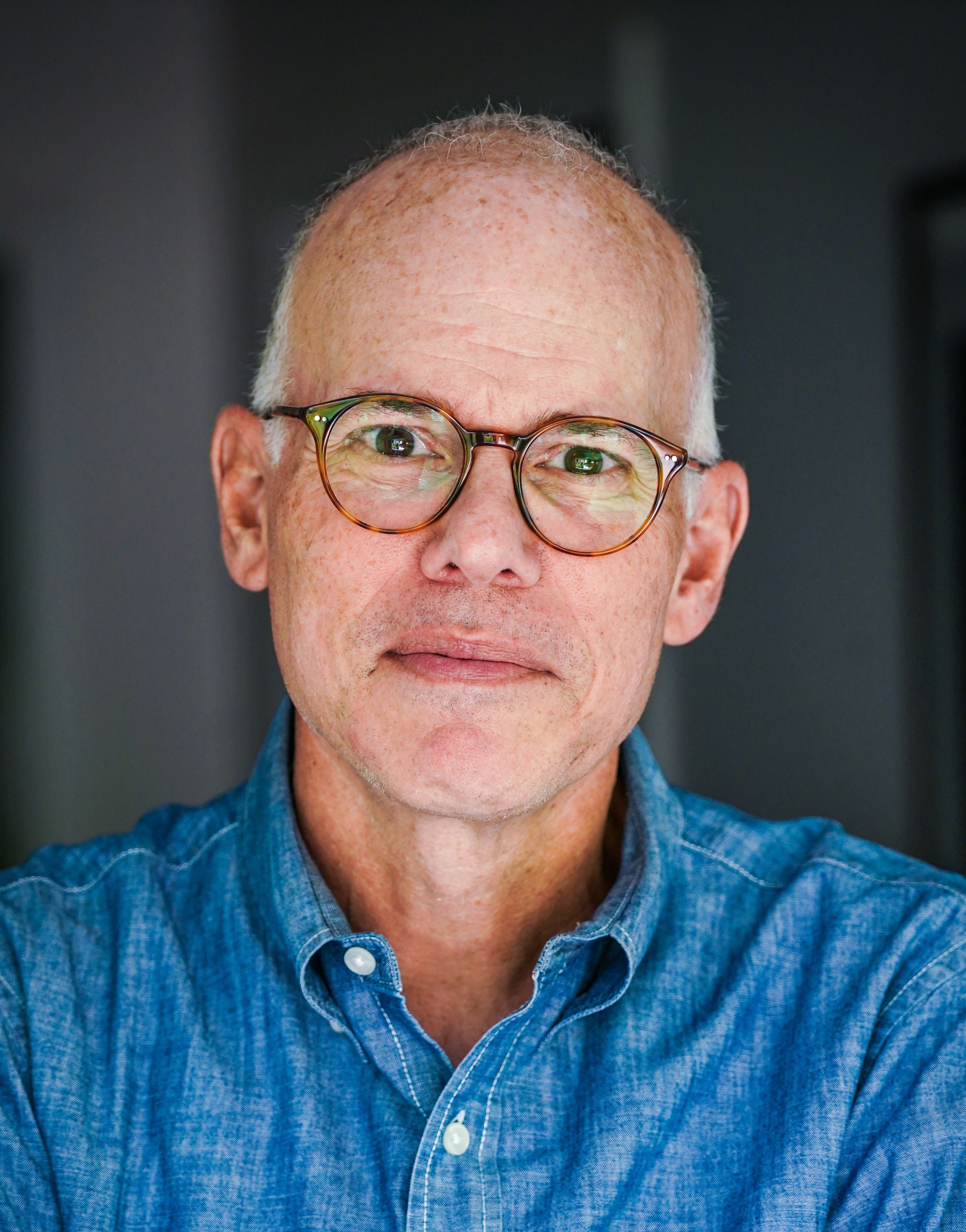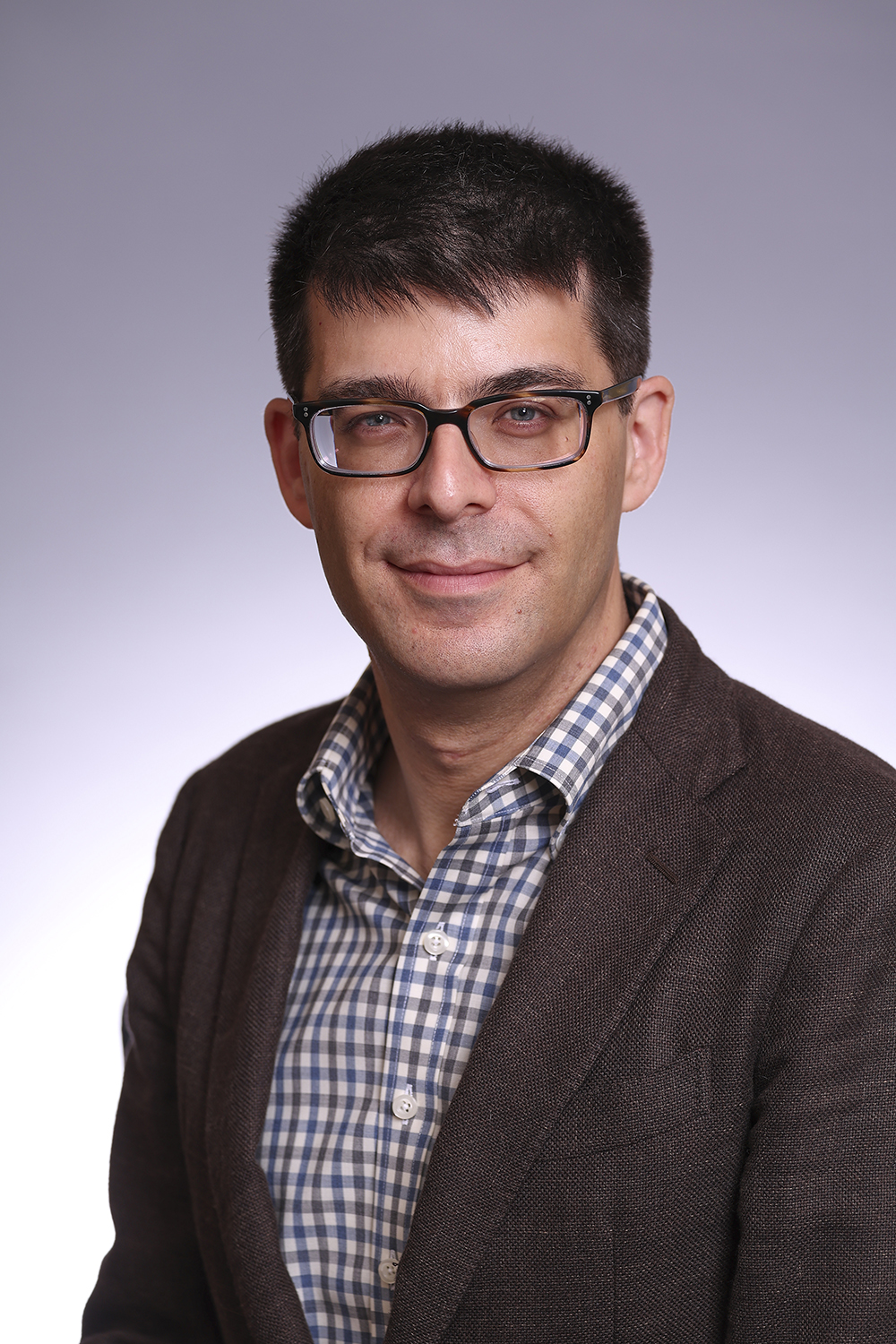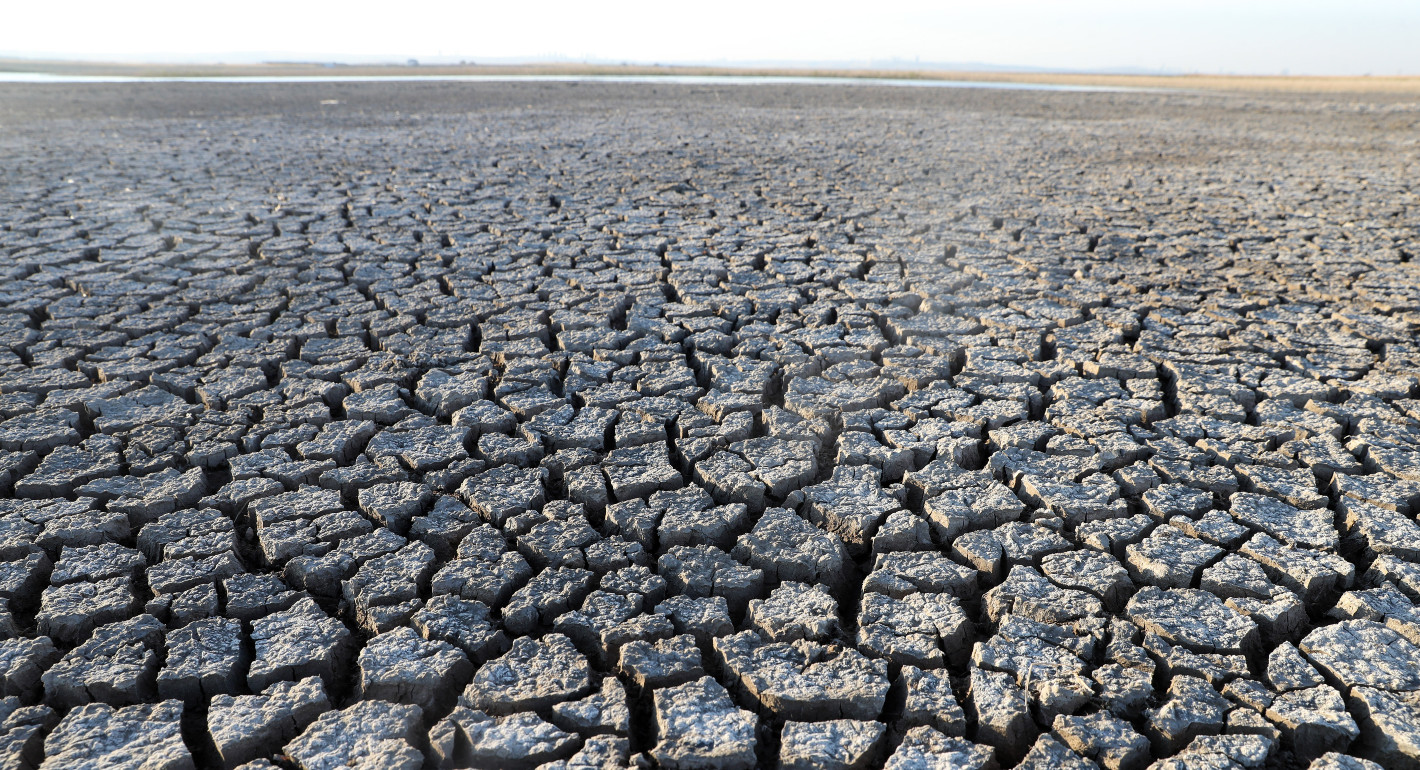- +11
Priyal Singh, Jean-Hervé Jezequel, Anouar Boukhars, …
{
"authors": [
"Andrew S. Weiss"
],
"type": "legacyinthemedia",
"centerAffiliationAll": "dc",
"centers": [
"Carnegie Endowment for International Peace"
],
"collections": [],
"englishNewsletterAll": "",
"nonEnglishNewsletterAll": "",
"primaryCenter": "Carnegie Endowment for International Peace",
"programAffiliation": "russia",
"programs": [
"Russia and Eurasia"
],
"projects": [],
"regions": [
"North America",
"United States",
"Russia"
],
"topics": [
"Security",
"Foreign Policy",
"Technology"
]
}
Source: Getty
Clinton’s Campaign and the DCCC are Cyber Hacked—Was it the Russians?
U.S. intelligence has high confidence that the Russian government was behind cyber hacks on Clinton’s presidential campaign and the Democratic Congressional Campaign Committee—putting U.S.-Russian relations on edge.
Source: PBS NewsHour
JUDY WOODRUFF: We return to the hacking of the Democratic National Committee.
According to reports, U.S. intelligence has high confidence the Russian government was behind it. Sources close to the investigation told the “NewsHour” one of the hackers was also involved in the breach of the Democratic Congressional Campaign Committee, and then today’s revelations that Hillary Clinton’s campaign was also hacked.
We explore how the U.S. government should respond now with Susan Hennessey. She was an attorney in the Office of the General Counsel of the National Security Agency. She is now a fellow at the Brookings Institution. And Andrew Weiss, he has worked for both Republican and Democratic administrations as a staffer on the National Security Council, in the State and Defense Departments. He is now at the Carnegie Endowment for International Peace.
And we welcome both of you to the “NewsHour.”Susan Hennessey, let me start with you.
Before I even ask you about the hacking of the Clinton campaign itself, which we just learned about this afternoon, how confident are you that it was the Russian government that was behind the hacking into the DNC and the Congressional Campaign Committee?
SUSAN HENNESSEY, Brookings Institution: All right, so when attributing cyber-attacks, it’s almost impossible to ever be 100 percent certain.
In this case, you are about as certain as you could reasonably expect to be. There were strong technical indicators that emerged as early as June.
Now I’m hearing that the intelligence community has reported to the president high confidence. That’s a likely indicator that they have found corroborating evidence through other intelligence mechanisms, signals intelligence, financial intelligence, human intelligence
So, at this point, it’s a fair operating assumption. There might be some room for plausible deniability, but it’s really quite certain.
JUDY WOODRUFF: All right, I just want to say, we’re having a little difficulty with your microphone. We’re going to trying to get that fixed.
I’m going to turn right now to Andrew Weiss.
What about you? How much confidence do you have that it’s clearly the Russian government behind what we know so far?
ANDREW WEISS, Carnegie Endowment for International Peace: Well, so far, this is a very fast-moving story. And I think we all need to be cautious, because the facts are not clearly out there.
Yesterday, General Clapper, who is the president’s director of national intelligence, was talking in Aspen, and he said he wasn’t prepared at this stage to make a call. But so far, everything that has dribbled out seems to point in the direction of some form of Russian government involvement.
There’s been forensic data that has been trumped out — dribbled into the press that points to comparable attacks that have been attributed to Russia over the past several months. And the attacks on the DNC and the DCCC seem to be fitting within the same group of Russian actors.
JUDY WOODRUFF: And so, Andrew Weiss, staying with you, now that we’re seeing this report just in — late this afternoon that the Clinton campaign itself has been hacked, what does that tell you?
ANDREW WEISS: Well, about a month or so ago, General Clapper himself also pointed to the possibility that foreign governments were trying to hack into the U.S. presidential campaign staffs.
And so the word has been on the street for a while now that this is a very toxic environment, and that there is a lot of interest in what traditionally people would think is confidential or secret.
JUDY WOODRUFF: Susan Hennessey, why would the Russians do this? I mean, there is a lot of suspicion going around maybe they want to tilt the election one way or another. What is believed by the people who study these issues all the time?
SUSAN HENNESSEY: Well, so there is a lot of different explanations.
One is that there are — there’s reasons why a President Trump would be more favorable to Russian interests. He’s indicated positions, being withdrawing support from NATO, for example, which is a primary check on Russian global power in the world.
Additionally, the Russians have a history with Hillary Clinton, and Vladimir Putin in particular. So they also have a reason to oppose her. They also have a reason to maybe just demonstrate that the U.S. has some corruption in its elections of its own.
JUDY WOODRUFF: And, Andrew Weiss, what’s your sense of what motivations there could be behind what the Russians are doing?
ANDREW WEISS: Well, let’s step back a little bit.
If you remember, the past three years have been a real down point in U.S.-Russia relations. And as a result of the severe deterioration in U.S.-Russia relations, the Kremlin has authorized any number of lines of effort. So we have seen cyber-attacks in Europe. We have seen support for populist parties, including Marine Le Pen in France, financial support, political support.
We have seen cyber-intrusions against U.S. allies. We have seen overt military intimidation. We have Russian jets trying to barrel-roll U.S. military planes over the Baltics.
The overall process of Russia putting pressure on the United States is well-established. The question now is, why were these facts from the DNC leaked publicly? What was the goal? What was the political motivation? And it seems in part to be — to create as much confusion and to create as big as mess as possible.
To say that an attack that was going back 12 months, when the first detection was of Russian presence inside the DNC’s e-mail servers to today, it’s been a very complicated election campaign. I think it’s hard to say the Russians tactically knew exactly what they were doing.
JUDY WOODRUFF: And that gets to — Susan Hennessey, that gets to this question of whether the Russian government gave it to WikiLeaks to put all of it out there or whether it was stolen and that things just got out of hand.
SUSAN HENNESSEY: Right.
So, one thing that’s interesting is actually the initial leaks from the documents were not leaked through WikiLeaks. They were actually posted on a stand-alone site by a hacker reporting to the Guccifer 2.0, it was only this latest e-mail dump that actually went through WikiLeaks. There are reasons to believe the Russians might have handed it over, but there are alternative explanations.
JUDY WOODRUFF: What do you mean reasons to believe the Russians might have handed it over? You mean because of what we have been talking about here?
SUSAN HENNESSEY: Right. So, there’s no evidence that a third party breached the DNC or the DCCC.
And so it’s sort of a logical inference that the documents were in one place. No one else has them, and they wind up in another. That said, it’s possible the documents were stolen from the Russians themselves or were stolen from the DNC by some third party.
JUDY WOODRUFF: What should the U.S. — what are the options, let me put it that way, Andrew Weiss, for the U.S. government in response to this?
ANDREW WEISS: FBI Director James Comey came out recently in the last 24 hours and said he’s looking at the possibility of naming the culprit.
And so this has been something that the U.S. government has done very seldom in the past, where they basically try to name and shame and say that we can attribute this attack to a state actor, in this particularly case potentially Russia. That’s been done very seldom in the past with regards to China and North Korea. It would be a very big step, if that’s where the U.S. government ends up.
JUDY WOODRUFF: Is that the strongest step the United States could take?
SUSAN HENNESSEY: Certainly not. That’s sort of — that’s the preliminary step, kind of the most basic step they could take.
The additional levels of attribution might be to the actual individuals behind these attacks who are operating perhaps in the Russian state. And so in the past, the Department of Justice has indicted Iranian cyber-hackers, Chinese cyber-hackers.
So those kinds of indictments would be sort of an escalation. But really there is the full scope of options in terms of how to respond.
JUDY WOODRUFF: Naming individuals who are part of the Russian government?
SUSAN HENNESSEY: Sure.
So, imposing financial sanctions against individuals who are suspected or believed of being involved. There is also a benefit and an embarrassment to just saying that we know who it is and sort of putting that out into the public space.
JUDY WOODRUFF: Andrew Weiss, what are the — I guess the possible repercussions if the U.S. does not only name and shame, but go even further?
ANDREW WEISS: I think we’re in a real moment of uncertainty.
People think about what’s going to happen in this election campaign. You have to think about, where will U.S.-Russia relations be in three or four months? I frankly have no idea. The question is, are we in a spiral, or are we in a possible moment where there could be a worse confrontation at some point, military-to-military, an inadvertent escalatory moment?
So, it’s a very dangerous situation. I think it’s really important for the U.S. policy community to take a deep breath and evaluate our situation very carefully before rushing into anything.
JUDY WOODRUFF: Well, it’s clear this is a story that, just as the days have gone by, we have learned more, and today this new information about the Clinton campaign. So, we will see what more comes out.
Andrew Weiss, Susan Hennessey, thank you both.
SUSAN HENNESSEY: Thanks for having us.
ANDREW WEISS: Thank you.
About the Author

James Family Chair, Vice President for Studies
Andrew S. Weiss is the James Family Chair and vice president for studies at the Carnegie Endowment for International Peace, where he oversees research on Russia, Ukraine, and Eurasia. His graphic novel biography of Vladimir Putin, Accidental Czar: the Life and Lies of Vladimir Putin, was published by First Second/Macmillan in 2022.
- Russia in Africa: Examining Moscow’s Influence and Its LimitsResearch
- Unpacking Trump’s National Security StrategyOther
- +18
James M. Acton, Saskia Brechenmacher, Cecily Brewer, …
Recent Work
Carnegie does not take institutional positions on public policy issues; the views represented herein are those of the author(s) and do not necessarily reflect the views of Carnegie, its staff, or its trustees.
More Work from Carnegie Endowment for International Peace
- The Gulf Monarchies Are Caught Between Iran’s Desperation and the U.S.’s RecklessnessCommentary
Only collective security can protect fragile economic models.
Andrew Leber
- Duqm at the Crossroads: Oman’s Strategic Port and Its Role in Vision 2040Commentary
In a volatile Middle East, the Omani port of Duqm offers stability, neutrality, and opportunity. Could this hidden port become the ultimate safe harbor for global trade?
Giorgio Cafiero, Samuel Ramani
- Europe on Iran: Gone with the WindCommentary
Europe’s reaction to the war in Iran has been disunited and meek, a far cry from its previously leading role in diplomacy with Tehran. To avoid being condemned to the sidelines while escalation continues, Brussels needs to stand up for international law.
Pierre Vimont
- Lessons Learned from the Biden Administration’s Initial Efforts on Climate MigrationArticle
In 2021, the U.S. government began to consider how to address climate migration. The outcomes of that process offer useful takeaways for other governments.
Jennifer DeCesaro
- India Signs the Pax Silica—A Counter to Pax Sinica?Commentary
On the last day of the India AI Impact Summit, India signed Pax Silica, a U.S.-led declaration seemingly focused on semiconductors. While India’s accession to the same was not entirely unforeseen, becoming a signatory nation this quickly was not on the cards either.
Konark Bhandari











